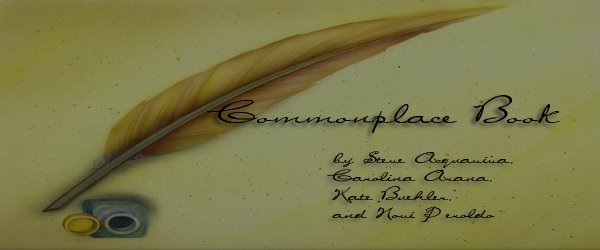“Unhappy Sex!—Let this Example prove,
How close Indiff’rence follows slighted Love;
Repuls’d, how soon the offended God departs,
And stirs Rebellion in yr. Subjects Hearts,
Unless Complaisance fly to Beauty’s Aid,
And fix the Conquests which her Charms have made” (187).
The writer harbors great frustration that the woman he loved has not returned his love, and he’s written a rather elegant poem describing his regret over the loss. He feels he’s received nothing but “Indiff’rence” from her while he’s tried to give her his love, and this poem is just a total outpouring of his emotions over that fact. Elsewhere in the poem, he refers to his “captive Heart” and how “Within [his] Bosom every Source of Love” sat, and how her rejection has filled him with “jealous Rage.” The last line is especially poignant, with him basically stating that even though he has to move on to women he finds to be “less fair,” they’ll delight less in his pain. This just helps to show that women of the time weren’t the only ones wallowing in frustration, and that men of the time could also be run though the emotional ringer.
Another great example of male frustration due to a female love came in Elizabeth Ashbridge’s work. Her husband is so upset over her conversion to Quakerism that he actually exclaims “I’d rather heard She had been dead as well as I Love her, for if so, all my comfort is gone” (161). Ashbridge and her husband have not seen each other for four months, and when he returns she’s converted from the accepted religion of Puritanism to the seeming cult of the Quakers. This would be the past-day equivalent of a guy not seeing his girlfriend for a few months, and when he finally does see her again, she’s become a Hari Krishna or David Karesh follower. It’s understandably upsetting to a point, and the guy has a right to be mad about it. Looking at it from a modern day perspective, I wouldn’t want my wife or girlfriend joining what was looked upon as nothing but a crazy cult, but I’d also feel there was more room for discussion than what he’s willing to give to her, especially considering the next scene in her work.
Ashbridge and her husband find their way to a tavern, and her husband basically makes fun of her for her conversion to the crowd of patrons. One of them gets his fiddle and her husband tries to ridicule her into singing and dancing for them, and in doing so basically renouncing her Quakerism. It’s at this point that the husband’s frustration has turned into more of a violent frenzy at her disobedience to him, and he stops being a sympathetic character at this point. Once the violinist realizes her husband’s state of mind he says, "I'll play no more, Let your wife alone" (162). This is important, because it was an outsider and not Ashbridge’s husband that halts her ridicule. He totally ceases to be a positive influence on her life, and turns into someone giving her only scorn, and not empathy. I find this to be important because it shows how easily frustration can give way to much more negative emotions. The first poem from Moore’s book clearly shows the writer entering a sort of depression over his love’s rejection of him, and now Ashbridge’s work shows her husband’s descent into aggression, after starting out as a more or less sympathetic character. These are some of the dangers of frustration, and I felt it was important to show them from a male point of view also, considering my group has mostly handled them from a female perspective.
Works Cited
Ashbridge, Elizabeth. "Some Account of the Fore Part of the Life of Elizabeth Ashbridge...". Journeys in New Worlds: Early American Women's Narratives. Ed. WIlliam L. Andrews, Sargent Bush, Annette Kolodny, Amy Schrager Lang, and Daniel B. Shea. Madison, WI: The University of Wisconsin Press, 1990.
Moore, Milcah Martha. Milcah Martha Moore's Book: A Commonplace Book from Revolutionary America. Ed. Catherine La Courreye Blecki and Karin A. Wulf. University Park, PA: Penn State UP

No comments:
Post a Comment